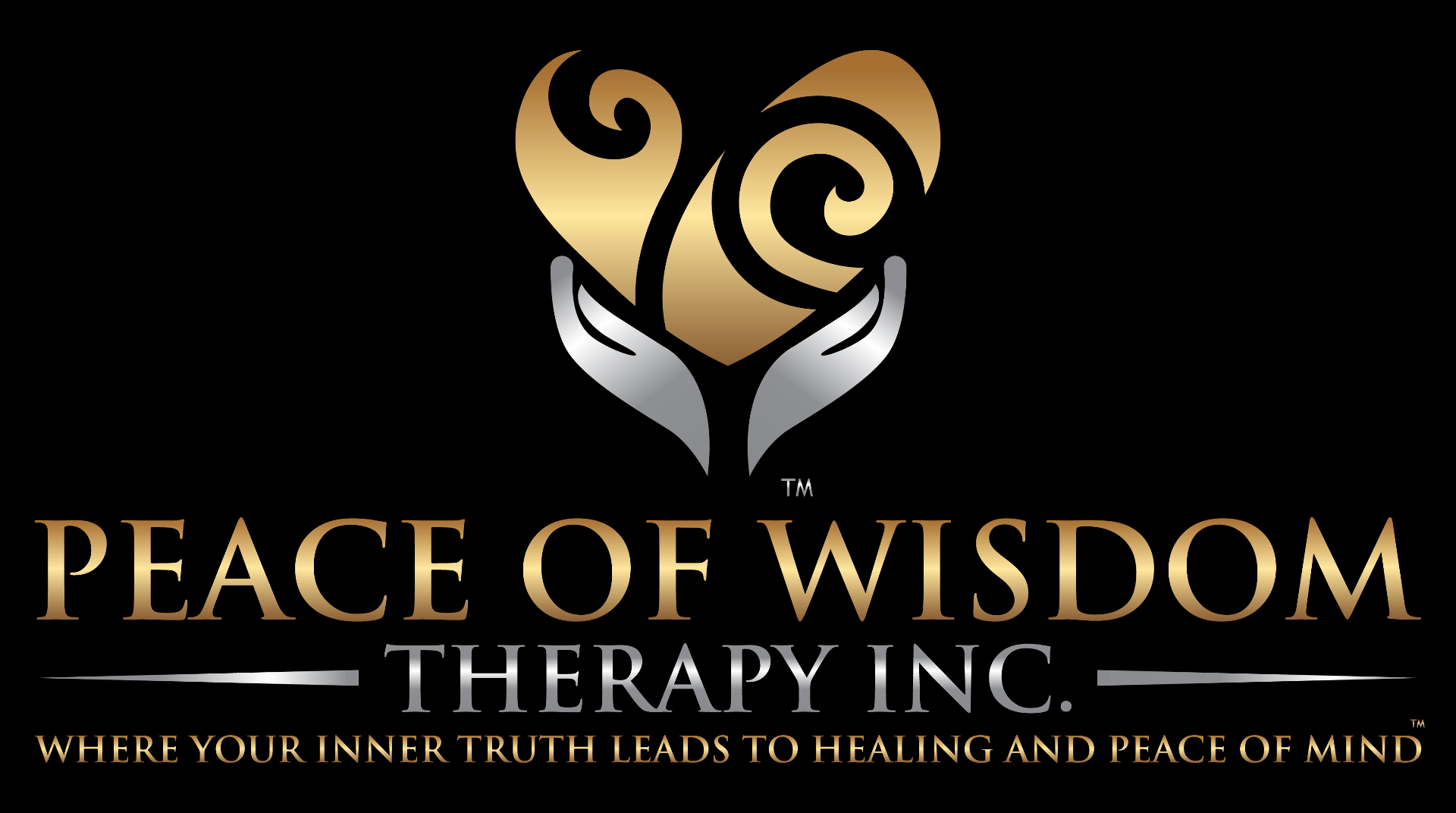How Anger Affects the Family

As young people, we learn to interact with others based on how our family members interact with each other. Once these communication patterns become established in our young minds, it’s hard to change them as adults. This means that any relational patterns that include angry outbursts or aggressive behaviors could very likely appear in your relationships later in life- either from you, the friends, or the partner you have chosen. Many times, the occurrence and the root of these behavioral patterns are outside of your awareness.
Does My Family Have Anger Issues?
It’s not easy accepting that you or someone in your immediate family has trouble controlling their anger. To be very clear, accepting doesn’t mean you like or condone the behavior. Accepting also does not mean you want things to remain the same. The sooner you can accept there is a problem, the sooner you and your family can find help and begin to heal and learn more respectful ways to communicate with one another.
Here are some signs you and/or someone in your family has anger issues:
- The person becomes overtly angry at a mild or insignificant frustration or irritant; very easily angered over very small things.
- There are later feelings of shame and guilt over something said or done in anger.
- You or a family member has experienced big ramifications because of an angry outburst. These can include lawsuits, physical altercations, school suspensions, etc.
- Extended family and/or friends have suggested you or your loved one get some help for your/their anger.
- You or your loved one have chronic physical ailments such as hypertension, anxiety, or gastrointestinal difficulties.
Getting Help
Fortunately, there is a path for you and your family to repair and restore wholeness in your relationships. Family therapists are trained to identify behavioral patterns that have been passed from one generation to the next. Once these patterns are illuminated, your therapist can help you and your family learn healthier ways to express feelings and improve your overall communication patterns. Your therapist can also facilitate healthy communication among the group, allowing each family member to share their thoughts, concerns, and feelings safely and without judgment.
Having severe family issues is not required in order to seek guidance from a trained family therapist. If anything, it’s best to seek help sooner rather than later when it seems things are beyond repair. Getting treatment for your family provides the opportunity to better understand one another and learn how to communicate in a loving, supportive way.
If you’re interested in rebuilding the connections in your family relationships, please reach out to me today. I’d be more than happy to discuss things further and help you explore treatment options.
SOURCES:


